BION
Bion is a startup company located in Boston, MA that is dedicated to providing a premium service to medical implant companies, with the ultimate goal of decreasing the number of implant-related infections in patients. The company focuses on improving the lifetime of orthopedic implants by utilizing a newly developed electrophoretic deposition process that greatly reduces the likelihood of infection. Electrophoretic deposition (EPD) is a time- and cost-effective technique that enables highly uniform coatings on complex geometries, and can be applied to a variety of devices. Our modified EPD process significantly reduces bacterial adhesion for a number of bacteria strains, including antibiotic resistant strains, while also reducing inflammation and promoting bone growth in the host.
3DFortify
3DFortify is a spin-out of Professor Randall Erb’s lab at Northeastern University. The company specializes in making high-performance composites with programmable reinforcement using a patented magnetic alignment technique. Through 3D printing and mold-casting, composite structures that have the highest resolution over both the internal and external features can be achieved. 3D Fortify hopes to bring high-performance at a cheaper cost, while enabling applications where complexity meets customization; such as patient specific bio-medical devices and aerospace parts.
Boston Materials
Founded in 2016 by two students from Dr. Randall Erb’s DAPS Laboratory at Northeastern University, Boston Materials aims to increase the performance and efficiency of currently manufactured advanced ceramic composites used in lithium-ion battery electrodes, capacitive deionization electrodes, alumina-based armor paneling and ceramic membrane filters. Boston Materials’ patented technology leverages recent advances in colloidal sciences that enable the assembly of microstructures in composite materials to attain highly ordered architectures. The company is working with both laboratories and industrial partners to implement this performance-enhancing technology in current and future ceramic material processing techniques.
Therapeutic Innovations
Therapeutic Innovations aims to redesign and reduce the cost of medical devices. Sophisticated medical device companies invest in exploration of unmet needs and methods to de-risk the process of creating new device solutions. Utilization of these advanced methods greatly reduces the risk and expenses in new product development, while increasing the likelihood that the resulting products will satisfy unmet needs. Currently such companies only operate where there are very large potential market opportunities, as in orthopedics and vascular devices for the developed world, and are not exploring the developing world pediatric opportunities. To fill this gap, they have come together to satisfy the unmet needs of the children and pediatric clinicians around the world. Understanding the unmet pediatric needs in developing world, they want to reconfigure current devices to bring down the cost and allow these children to have access to modern healthcare. They are currently working on projects including developing a wearable orthopedic device to treat injuries and creating a low-cost solution for newborns with respiratory problems.
